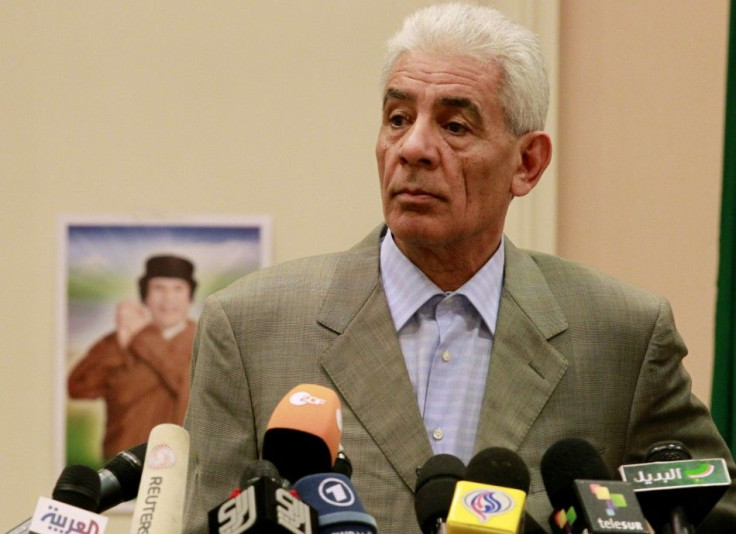EU sanctions against Koussa lifted

The European Union (EU) said it has lifted sanctions against Moussa Koussa, the most prominent member of Moammar Gaddafi’s regime to have defected.
By this action, the former Libyan foreign minister (who fled to Britain late last month) will not have his assets frozen.
Koussa is now also free to travel to any of the EU’s 27 member countries.
The US lifted its own sanctions against Koussa last week.
A spokesman for the British Foreign Office said the decision to delete Koussa from the sanctions list was taken at the EU Council in Luxembourg on Tuesday.
Sanctions are introduced to invoke behavioral change and as Moussa Koussa has chosen to leave regime he is no longer sanctioned in this way, said the foreign office in a statement.
Another UK officials told Reuters: It sends a powerful signal to other potential defectors that, if they are currently on a list, they could be taken off that list if they do things differently, a British government source told Reuters.
The move will likely increase the outrage in some quarters, given that Koussa, as a former intelligence chief for Libya, is widely considered to have been involved in plotting the 1988 bombing of a Pan Am airplane which exploded over Lockerbie, Scotland and killed more than 270 people.
Koussa has reportedly been providing intelligence to British officials about the inner-workings of the Gaddafi regime as well as the Lockerbie tragedy. He also went to Qatar where many foreign nations have gathered at a summit to discuss the Libyan crisis.
It is unclear what Koussa actually did at the Qatar summit and if he was acting under the auspices of the British government.
UK Foreign Secretary William Hague has said that Koussa was not given any immunity. However, last week Hague told Parliament that he would seek to remove Koussa from the sanctions list.
At that time, Hague declared: In the case of anyone currently sanctioned by the EU and UN who breaks definitively with the regime, we will discuss with our partners the merits of removing the restrictions that currently apply to them while being clear that this does not constitute any form of immunity whatsoever. Sanctions are designed to change behaviour and it is therefore right that they are adjusted when new circumstances arise.
© Copyright IBTimes 2025. All rights reserved.





















